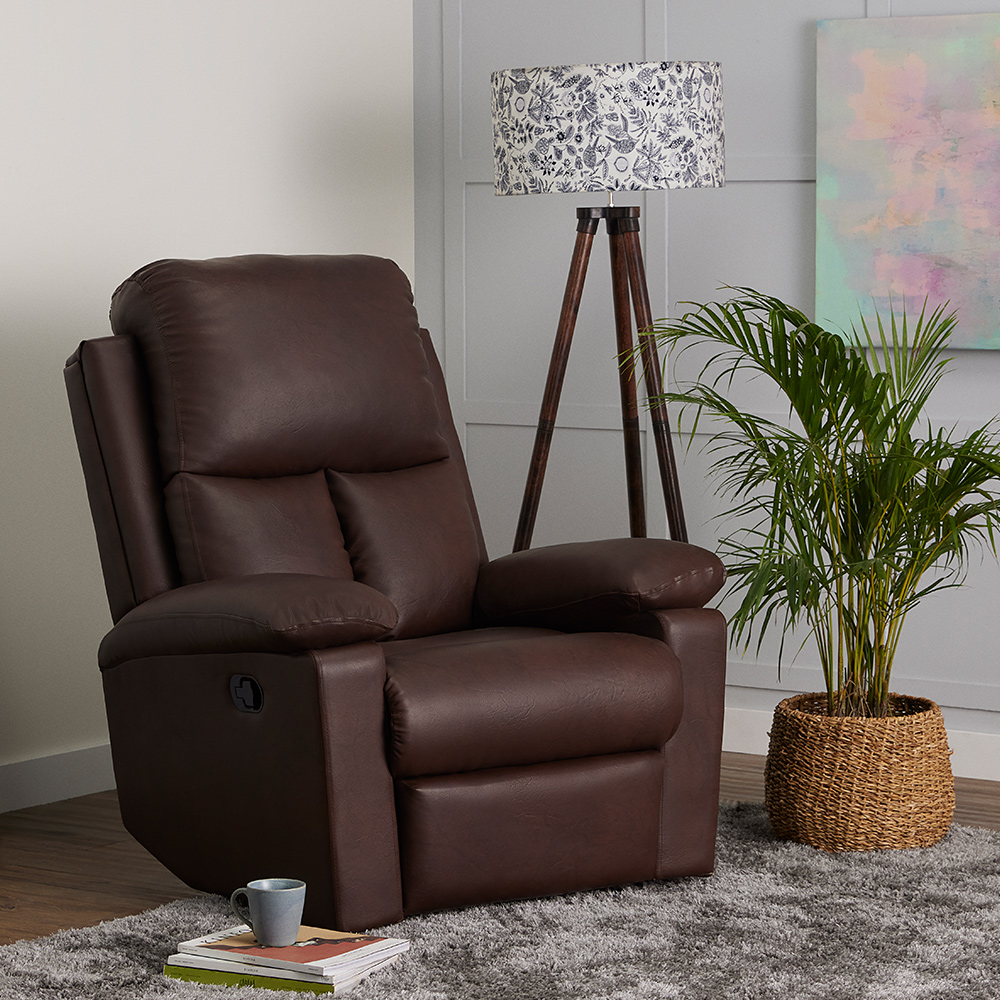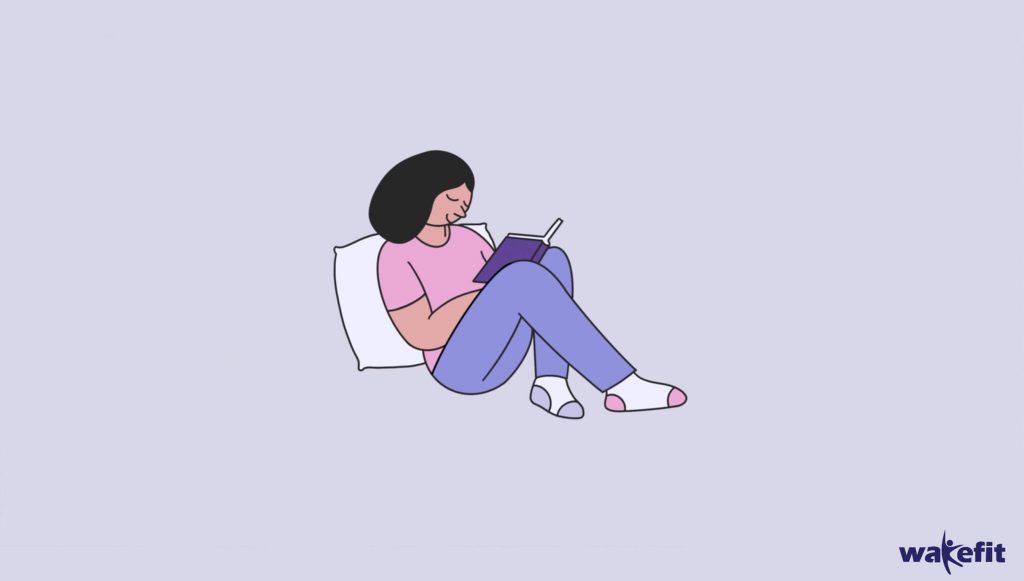In many societies, having an afternoon sleep isn’t just normal, but a customary piece of day to day routine. In the United States, more than 33% of grown-ups consistently take afternoon naps, as the National Sleep Foundation says.
Assuming you are healthy, afternoon sleep can bring benefits that cause you to feel less irritable, or guarantee you’re all well rested if you work or study outside conventional daytime work hours. They can likewise guard you out and about from mishaps that take place due to fatigue or slugishness.
However, alongside the afternoon nap benefits, some disadvantages lurk as well. That’s because if you understand how it benefits and how it doesn’t, you’ll have your answer to should we sleep in the afternoon or not.
Hence, let’s dive in!

Is Afternoon Sleep Good Or Bad For Adults?
Getting sufficient sleep every night is fundamental for an individual’s health and prosperity. Sleep is a characteristic cyclic condition for the psyche and the body. But polyphasic sleep is different. It means to maximize performance during the waking hours by taking short naps throughout the day.
Moreover, an absence of sleep puts you at a higher danger of specific medical conditions, for example, coronary illness, hypertension, diabetes, heftiness, weight gain, and so on. Absolutely, sleep plays a fundamental part in our general wellbeing, however, is afternoon sleep truly beneficial?
Some say that an afternoon nap is really great for the body, while others say it’s not. To assist you with clearing every one of your questions, let’s look at both the advantages and disadvantages of such polyphasic sleep.
Afternoon Nap Benefits: Why should you sleep in the afternoon?
To better understand whether or not naps are good, it’s best to take a fair judgement call. Hence, first and foremost, let’s see how afternoon nap benefits the human body and mind before looking at the cons:
1. Helps in memory
Some studies recommend that having a midday nap day for about 30 minutes can assist with improving memory and further develop mood.
2. Eases stress
Having afternoon sleep can likewise carry smoothness to the sensory system, assisting you with unwinding and resisting the urge to panic. It is accepted that a short evening sleep might help in managing anger issues.
3. Increases alertness
Some studies suggest that having a short nap during the day can increase your concentration and makes you more alert. You tend to be more present in any situation and hence remember details for long after an afternoon sleep.
4. Normalises Blood Pressure
Having a good sleep in the afternoon helps to normalise blood pressure. The average systolic blood pressure of afternoon nappers lowers by 3mmHg.
5. Reduced fatigue
Throughout the day, especially if you do some mental or physical work, your body automatically craves for a short break. However, some have the habit of sticking along without it which is absolutely normal. But with an afternoon sleep, you tend to feel rejuvenated and start with fresh motivation.
6. Improved performance
With some rest, your brain starts afresh and you continue to focus more. As you take an nap in the afternoon, your body in a way, recharges and allows you to continue with the power and pace it helped you with from the morning. Therefore, with more concentration, you will find your performance improve in anything you do.
7. Improved mood
A well-rested person has more control over their mood than a person who is not. For people whose body craves for a quick break, experience better mood and are happier.
Now, that the afternoon nap benefits are clear, let’s look at the disadvantages for a fair judgement. Remember, it also depends on the person’s physical condition and response to answer the afternoon sleep good or bad question.
Afternoon Sleep Disadvantages: Why should you not sleep in the afternoon?
As we said, if the person’s body doesn’t crave for sleep or responds to fatigue in a different way, it’s totally fine. In fact, if they forcefully try to sleep, the experience after waking up wouldn’t be pleasant. Hence, let’s look at the afternoon sleep disadvantages that tells you why you should not consider dozing off in the afternoon:
1. Your body might not need it
It could be noticed that afternoon sleep isn’t a great fit for everybody, particularly assuming you are battling with insomnia – a sleeping issue that can influence an individual’s day by day chores.
2. Hinder your good night’s sleep
If your sleep is thin, try not sleeping in the afternoon. This plays against your nighttime slumber. Because afternoon sleep can obstruct your sleep during night time, doctors recommend staying away from it.
3. Not an ally of depression
If you struggle with stress, anxiety and depression, sleeping might seem as a gret solution but is actually a sly enemy. It actually increases the tendency to sink into depression. Individuals with depression, obesity or attempting to lose weight should stay away from afternoon sleep as it would lead to bigger problems.
4. Ruin your mood
If your body doesn’t respond to fatigue with a craving for sleep, don’t force it at all. When you wake up in the evening, your head will feel heavy and you will feel groggy. Sleeping during the daytime may cause you to feel more sleepy and muddled after waking up from an afternoon nap. Thus, it can ruin your mood.
The primary concern is that afternoon sleep accompanies with both advantages and disadvantages. So to answer the question- should we sleep in afternoon, if your body craves for some quick rest, take it only then. One should restrict their sleep in the afternoon maximum to 30 minutes.
Also, read our blog on our highly recommended tips for working from home effectively during these crucial times. Do read!
How To Avoid Afternoon Sleep?
Assuming you’re ready to remain at home and unwind for the afternoon, being a little tired is certainly not a joking matter. In any case, being drained working can have critical outcomes. You may get behind on your daily chores.
Treating the basic reason for afternoon sleep can assist with further developing your energy level and lift mental capacity. Be that as it may, regardless of whether you find ways to feel good, napping in the afternoon probably won’t improve for the time being.
Here’s how to avoid afternoon sleep you can follow on a daily basis:
1. Consume Caffeine
Caffeine is an energizer, meaning it builds action in the cerebrum and sensory system. It can further develop your reasoning capacity and mental execution, and assist you with fending off afternoon sleep.
2. Avoid sitting in one place
Sitting in one spot for a really long time can deteriorate daytime sleepiness. Intermittently getting up and walking around gets your blood streaming. It can likewise assist you with remaining conscious.
3. Listen to peppy music
In the event that you are feeling sleepy in the afternoon, You might feel like you’ll nod off all of a sudden. To awaken your cerebrum, listen to peppy music.
4. Have light lunch
Having a heavy lunch could aggravate an afternoon sleep. Stay away from sweet bites, soft drinks, or carbs like white bread and white rice.
5. Spatter some cold water
Assuming that you’re battling to remain awake in the afternoon, go to the washroom and sprinkle cold water all over. This fast and straightforward hack can recharge you.
Importance Of Healthy Sleeping Habits
To see whether you’re getting satisfactory sleep, check how you feel during the day. Experts suggest that you should feel refreshed and ready for the afternoon compared to being sluggish or lethargic. An individual should target around 7 to 8 hours of sleep every night.
If an individual is experiencing difficulties during sleeping, making some lifestyle changes can help him/her get a good night’s sleep.
1. Stick to a sleep routine at night
Set a predictable sleep plan. Hitting bed and waking up at the same time. Follow a proper nighttime routine so your body prepares itself for sleep at the same time.
2. Exercise regularly before bed
Doing some stretches and exercises before bedtime can make you sleep better. It relieves your muscle tension that is responsible for inducing sleep.
3. Eat healthy and less before bed
Keep a solid eating regimen. Dinners not long before sleep time might make it hard to nod off and stay unconscious. Yet, a little nibble not long before sleep time will help in sleep.
4. Avoid caffeine and nicotine Intake
Limit caffeine and keep away from nicotine. Caffeine and nicotine are energizers that stop you from sleeping. Try to reduce the frequency of the same everyday. Majorly, avoid it at least 3-4 hours before bed and see the difference.
5. Avoid alcohol
If you believe that alcohol induces sleep it’s not correct. It works as sedation that takes a toll on your body after you wake up from it. It actually disturbs your sleep schedule as it keeps you on edge after the effects wears out.
To know more about how napping can boost your overall well-being and brain health, have a look at this study by the renowned Johns Hopkins University!
Frequently Asked Questions
- How long should we sleep in afternoon?
While sleeping in the afternoon individuals should try naping for a minimum of 20 minutes and a maximum of 30 minutes.
- What is the best time a person should sleep during the afternoon?
Most experts recommend sleeping prior to 2 PM. The best is to sleep for 1 hour or less in the afternoon.
- Are 5 hours of sleep good enough?
No, an individual should target around 7 to 8 hours of sleep every night. But for sleeping in the afternoon, 30 minutes to an hour of rest is ideal.
- Should we sleep in afternoon?
Afternoon sleep is perfecty fine for people of all ages. However, only do it if your body responses with craving for the same. If you force yourself to sleep, your body might nor respond well when you wake up. Sleeping in the afternoon is not for everybody.
- Is afternoon sleep good for health?
Sleeping in the afternoon had plenty of benefits. Here are some benefits of sleeping in the afternoon.
- Reduces stress
- Improves concentration
- Enhances performance
- Improves mood
- Normalises blood pressure




No Comments